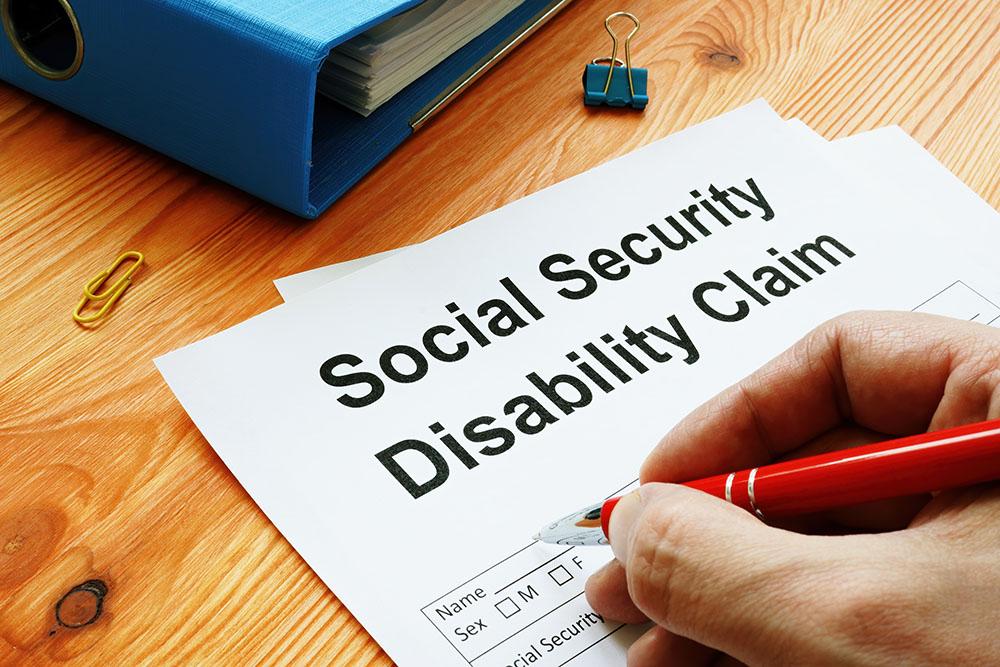Stevens-Johnson Syndrome (SJS) is a severe condition that can lead to significant medical and emotional suffering. When this condition is caused by a medication or product, pursuing a lawsuit may be necessary to seek justice and compensation. Understanding the steps involved in an SJS lawsuit can be crucial for anyone affected by this debilitating condition.
Navigating the legal landscape can seem overwhelming, especially when dealing with a serious health condition like SJS. With the right strategies, however, you can build a strong case to ensure fair compensation for medical expenses, lost income, and pain and suffering. The complexity of these cases often requires a deep understanding of both legal and medical issues, making the process daunting but crucial.
This article will walk you through the essential strategies for winning an SJS lawsuit. By understanding the basics of an SJS lawsuit, gathering critical evidence, choosing the right legal representation, and navigating the legal process effectively, you can improve your chances of a successful outcome. With careful preparation and expert guidance, you can seek the justice and compensation you deserve.
Understanding the Basics of an SJS Lawsuit
Winning a Stevens-Johnson Syndrome (SJS) lawsuit begins with understanding the fundamentals of how these cases work. SJS lawsuits typically involve claims of product liability, medical malpractice, or negligence. Grasping these basic concepts can be the first step toward building a strong case.
1. Product Liability:
In many SJS cases, a medication or medical product is to blame. Product liability claims argue that the manufacturer failed to provide adequate warnings about the risks associated with their product. If a drug caused your SJS, you would need to prove that the drug was inherently unsafe, that you used it as directed, and that it directly led to your suffering.
2. Medical Malpractice:
If a healthcare provider fails to recognize symptoms or to provide timely treatment, you might have a medical malpractice case. This requires showing that the doctor’s actions differed from the standard care that other competent professionals would have provided under similar circumstances.
3. Negligence:
Negligence claims focus on demonstrating that another party’s carelessness led to your condition. For example, if a pharmacist gave you the wrong medication which caused SJS, you would need to prove that this mistake directly led to your condition.
Knowing which type of claim applies to your situation is vital. Each has specific legal requirements and proof standards, so familiarize yourself with these basics to prepare for your legal journey ahead.
Gathering Critical Evidence for Your SJS Case
Building a strong SJS lawsuit hinges on collecting solid evidence. This part of the process involves gathering documentation and materials that support your claim. Here’s a list of key evidence types to consider:
1. Medical Records:
Collect all your medical records, including diagnosis details, treatments received, and medications prescribed. These documents provide a trail of your illness and can substantiate your claims about the condition’s severity.
2. Medication History:
Compile a list of all medications taken before and during your illness. Include dosages and the dates you began and stopped taking each drug. Proof that a particular medication caused your SJS can be pivotal for your case.
3. Witness Statements:
Obtain statements from medical professionals who treated you. Expert testimony from doctors can establish the connection between the medication and your condition. Family members or friends can also provide statements about how your life has changed due to SJS.
4. Product Information:
Any information about the drug suspected of causing SJS should be gathered. This can include packaging, inserts, and any documentation showing warnings (or lack thereof) related to SJS.
5. Financial Records:
Keep track of all expenses related to your treatment, including hospital bills, medication costs, and any lost wages due to inability to work. Financial documentation supports claims for compensation for economic losses.
Collecting thorough evidence can make a significant difference in the strength of your case. Each piece of evidence helps build a narrative that shows the impact of SJS on your life, making it easier to seek justice and compensation.
Choosing the Right Legal Representation
Selecting the right attorney is crucial for your SJS lawsuit. A specialized attorney can significantly increase your chances of success. Here are some factors to consider:
1. Experience in SJS Cases:
Look for attorneys with specific experience in handling Stevens-Johnson Syndrome cases. They will better understand the medical complexities and legal strategies required.
2. Track Record:
Review the attorney’s past case results. Successful case outcomes in similar lawsuits can be an indicator of their ability to handle your case effectively.
3. Client Reviews:
Check client testimonials and reviews. Feedback from previous clients can provide insights into the attorney’s communication style, reliability, and success rate.
4. Free Consultation:
Many personal injury attorneys offer a free initial consultation. Use this opportunity to ask questions and gauge their expertise and commitment to your case.
5. Contingency Fees:
Most personal injury lawyers work on a contingency fee basis, meaning they only get paid if you win the case. Ensure you understand the fee structure to avoid any surprises later.
Choosing the right legal representation can make a significant difference in your lawsuit’s outcome. Taking the time to research and select an attorney that meets these criteria will help you feel confident and supported throughout the legal process.
Navigating the Legal Process: Steps from Filing to Settlement
Understanding the steps involved in an SJS lawsuit can help you navigate the legal process smoothly. Here’s a breakdown of the typical stages:
1. Filing the Lawsuit:
Your attorney will file a complaint with the court, outlining your case against the defendant. This document includes details about how the medication or medical error caused your SJS and the damages you are seeking.
2. Discovery Phase:
During discovery, both parties exchange information and evidence. This phase can involve depositions, where witnesses give sworn testimony, and requests for documents. Thorough preparation in this stage is crucial.
3. Negotiation and Settlement:
Many SJS cases are resolved through settlements before going to trial. Your attorney will negotiate with the defendant’s legal team to reach a fair compensation agreement. If an acceptable settlement is reached, the case concludes here.
4. Trial:
If negotiations fail, the case proceeds to trial. Your attorney will present evidence and arguments to a judge or jury. The trial process includes opening statements, witness testimonies, cross-examinations, and closing arguments.
5. Verdict and Compensation:
After both sides have presented their cases, the judge or jury will deliver a verdict. If you win, you will be awarded compensation for damages such as medical expenses, lost wages, and pain and suffering.
Conclusion
Winning an SJS lawsuit involves understanding the basics, gathering strong evidence, choosing the right legal representation, and navigating the legal process effectively. Each step in this journey is crucial and can significantly impact the outcome of your case. With the right knowledge and preparation, you can build a strong case and seek the compensation you deserve for the suffering caused by Stevens-Johnson Syndrome.
If you or a loved one is suffering from SJS, it’s essential to take immediate legal action. Contact Greg Jones Law, P.A. to discuss your case. Our experienced team of SJS attorneys is here to help you navigate the complexities of your lawsuit and ensure you receive the justice and compensation you deserve. Call us today to get started!




